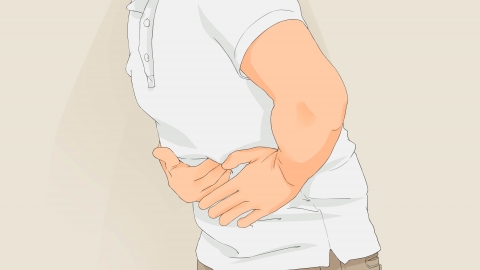Can Helicobacter pylori infection resolve on its own?
Under normal circumstances, Helicobacter pylori (H. pylori) infection does not resolve spontaneously. Without standardized treatment after infection, the bacteria can persistently colonize the gastric mucosa and potentially trigger gastric diseases. Detailed analysis is as follows:

H. pylori has strong adaptability and can survive in the acidic gastric environment and adhere to the gastric mucosa, making it difficult for the human immune system to completely eliminate. Most infected individuals may not experience obvious symptoms initially, but the bacteria continuously irritate the gastric mucosa. Over time, this may lead to chronic gastritis, gastric ulcers, and other conditions. In some patients, the condition may progressively worsen, even increasing the risk of severe gastric diseases, and will not resolve on its own over time.
A small number of infected individuals may temporarily suppress bacterial activity due to stronger immunity, resulting in symptom relief. However, this is not true self-resolution; the bacteria remain latent in the stomach and can become active again when immunity declines, leading to symptom recurrence or disease progression.
In daily life, attention should be paid to food hygiene, avoiding shared eating utensils and drinking untreated water to reduce the risk of reinfection. If diagnosed with H. pylori infection, timely treatment with standardized regimens such as quadruple therapy is necessary. Additionally, maintaining regular eating habits and avoiding spicy or irritating foods helps protect the gastric mucosa and promotes recovery.






